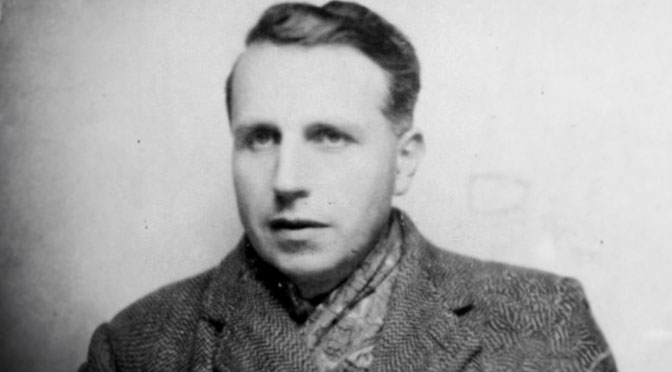Eroticism has always fascinated writers, artists, and philosophers. Some of the most unconventional views on sexuality come from the French philosopher Georges Bataille. He explored the depths of eroticism in his works and considered it the most intense form of human experience. This blog post will provide insight into Bataille’s views on eroticism, focusing on his views on nudity.
For Bataille, the erotic excess of pornography shatters the illusory unity of the viewing subject, forcing a critical rift in the system of bourgeois values.
From: The Female Nude: Art, Obscenity and Sexuality by Lynda Nead
To understand Bataille’s view of the erotic, we must first understand his definition of the erotic. For Bataille, eroticism was the opposite of rationalism, a transgression of social norms and taboos. It was a way to experience intense pleasure through the loss of self and identity. For Bataille, nudity was not just about the absence of clothing, but also about indulging in the most extreme forms of pleasure. He believed that nudity exposed the vulnerability of the human body, making it easier to be consumed by the erotic experience.
In his book, The History of the Eye, Bataille explored the theme of eroticism through vivid and explicit descriptions of sex and violence. He viewed sex as an act of destruction in which individuals lose their sense of self and merge into a single entity. The novel tells the story of two teenagers whose erotic fantasies become increasingly extreme until they finally commit cruel and destructive acts. The story shows how eroticism can lead to a loss of control and the subversion of social rules.
In his writings on eroticism, Georges Bataille explores the connections between death and the erotic impulse, noting that awareness of death stimulates sexual desire, as is evident in times of war and hardship.
From: The Oxford Handbook of Politics and Performance by Shirin M. Rai, Milija Gluhovic, et. al.
According to Bataille, eroticism can only exist in a realm that is almost outside of normal existence. Therefore, he saw sex and eroticism as inseparable from death and violence. Bataille believed that sexuality was a way of embracing the fragility of human existence and facing the inevitability of death. For him, sex was a form of transcendence in which humans could step out of their mundane existence and experience the divine.
Bataille’s views on nudity were unique because he believed that it was not about sexualizing the body, but about showing the vulnerability of the human form. He believed that nudity could show the paradoxical nature of human existence, a combination of beauty and decay. Bataille saw nudity as a way to expose our innermost selves and embrace the dark and unknown.
George Bataille’s views on eroticism may not be everyone’s cup of tea, but they offer a unique perspective on this complex subject. His ideas on nudity, violence, and the subversion of societal norms may not be for the faint of heart, but they offer food for thought for writers of erotic novels who want to push the boundaries of their work. Bataille’s work reminds us that eroticism is not just about physical pleasure, but also an act of rebellion and transcendence. His views on nudity make us question our understanding of the body and inspire us to explore more deeply what it means to be human.

